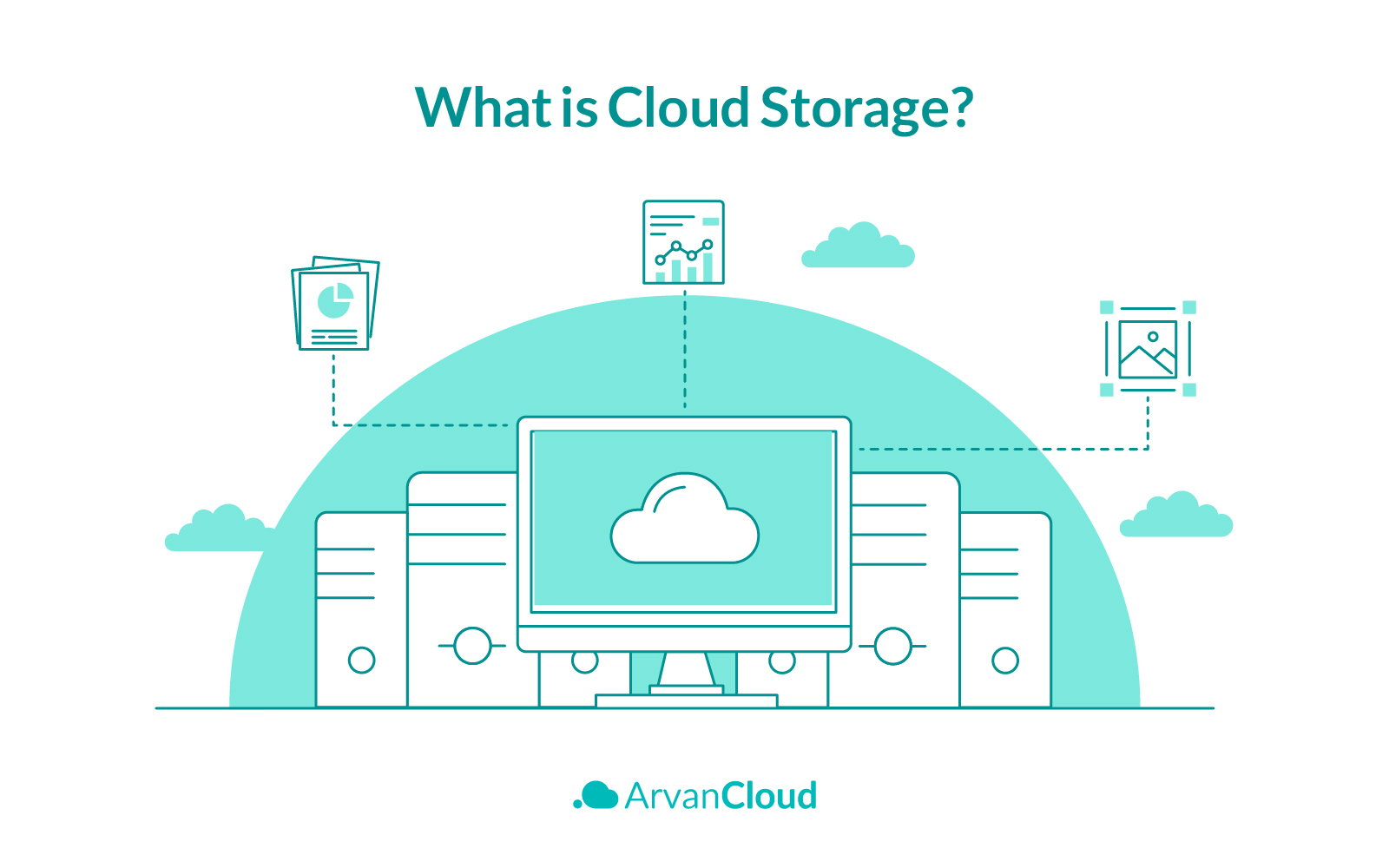Transform Your IT Infrastructure With Universal Cloud Provider
In today's rapidly progressing digital landscape, the change in the direction of global cloud solutions has actually become a tactical vital for companies wanting to enhance their IT framework. The ability to simplify operations, boost scalability, and boost overall effectiveness with cloud migration is obvious. The actual concern exists in how these solutions can be tailored to resolve the unique needs and obstacles encountered by various organizations. By exploring the nuanced methods in which universal cloud solutions can be tailored and integrated, companies can really open their complete capacity in attaining digital makeover and competitive benefit out there.
Benefits of Universal Cloud Provider
One essential advantage is cost-efficiency, as cloud services get rid of the requirement for upfront financial investments in hardware and facilities. In addition, cloud services supply adaptability and ease of access, making it possible for employees to gain access to data and applications from anywhere with an internet link.
Additionally, global cloud solutions supply improved security measures, with information security, routine backups, and built-in disaster recuperation devices. Generally, embracing universal cloud services can lead to increased performance, agility, and competitiveness for businesses in today's electronic age.
Migration to Cloud Infrastructure
Moving to shadow framework deals numerous advantages, including scalability, cost-efficiency, and boosted agility. Cloud services get rid of the demand for significant in advance investments in physical equipment, minimizing capital expenditures and allowing companies to pay only for the sources they use.
An additional advantage of moving to cloud infrastructure is the boosted agility it provides. Cloud platforms use rapid deployment of applications and solutions, allowing companies to adapt rapidly to market modifications and remain in advance of competitors. Additionally, the cloud facilitates remote accessibility to applications and data, fostering collaboration amongst geographically distributed groups.
Enhancing Information Safety And Security Steps

One critical element of enhancing data safety and security is applying multi-factor verification (MFA) to add an additional layer of security beyond passwords. MFA requires users to supply two or more verification factors, such as a password and an one-of-a-kind code sent out to their mobile gadget, before accessing sensitive information. This significantly decreases the risk of unapproved gain access to, even if passwords are compromised.
Additionally, companies ought to consistently conduct safety and security audits and vulnerability evaluations to recognize and attend to prospective weaknesses in their data security facilities - universal cloud storage. By staying proactive and constantly enhancing data protection measures, companies can properly minimize threats and secure their beneficial information assets in a progressively electronic globe
Executing Cloud-Based Applications
In adjusting to modern-day technical innovations, companies are progressively leveraging cloud-based applications to maximize their operations and enhance efficiency. Cloud-based applications provide a series of benefits, including cost-effectiveness, scalability, and flexibility. By carrying out cloud-based applications, companies can simplify procedures, enhance collaboration amongst teams, and boost general performance.

Additionally, carrying out cloud-based applications can lead to better data monitoring and safety. These applications normally have built-in safety and security functions and offer information encryption to secure her response sensitive details.
Optimizing Cost-Efficiency
To accomplish optimum cost-efficiency in leveraging cloud-based applications, organizations must strategically review their resource allocation and usage. One essential technique for making the most of cost-efficiency is to embrace a pay-as-you-go version, where companies just pay for the resources and solutions they use. This versatility enables expense savings by getting rid of the requirement to buy pricey infrastructure that might not be fully utilized.

Routine tracking and optimization of cloud sources are important for identifying locations where cost-savings can be accomplished. By analyzing usage patterns and performance metrics, organizations can make enlightened decisions concerning source allocation and more improve their procedures to maximize cost-efficiency in the cloud.
Conclusion
In verdict, universal cloud services provide countless benefits such as cost-efficiency, flexibility, enhanced safety and security actions, and automated updates. Migrating to cloud infrastructure allows companies to take advantage of scalability, dexterity, and cost-efficiency to remain competitive. Implementing durable data safety procedures and cloud-based applications more enhance information protection and drive innovation. Maximizing cost-efficiency through pay-as-you-go versions, automated source scaling, and optimization techniques guarantees optimum utilization of cloud sources and general cost financial savings.
Additionally, cloud solutions offer versatility and accessibility, enabling workers to gain access to information and applications from anywhere click here for more info with an internet link.In addition, universal cloud solutions supply better safety procedures, with information encryption, normal backups, and built-in catastrophe healing devices. Cloud systems provide quick deployment of applications and look at these guys solutions, allowing businesses to adapt rapidly to market changes and remain ahead of rivals. In addition, the cloud assists in remote access to information and applications, cultivating partnership amongst geographically dispersed teams.
In final thought, universal cloud services offer various benefits such as cost-efficiency, adaptability, boosted protection measures, and automated updates.